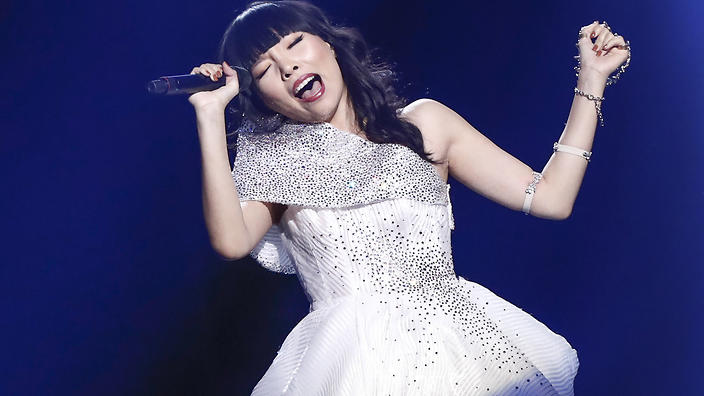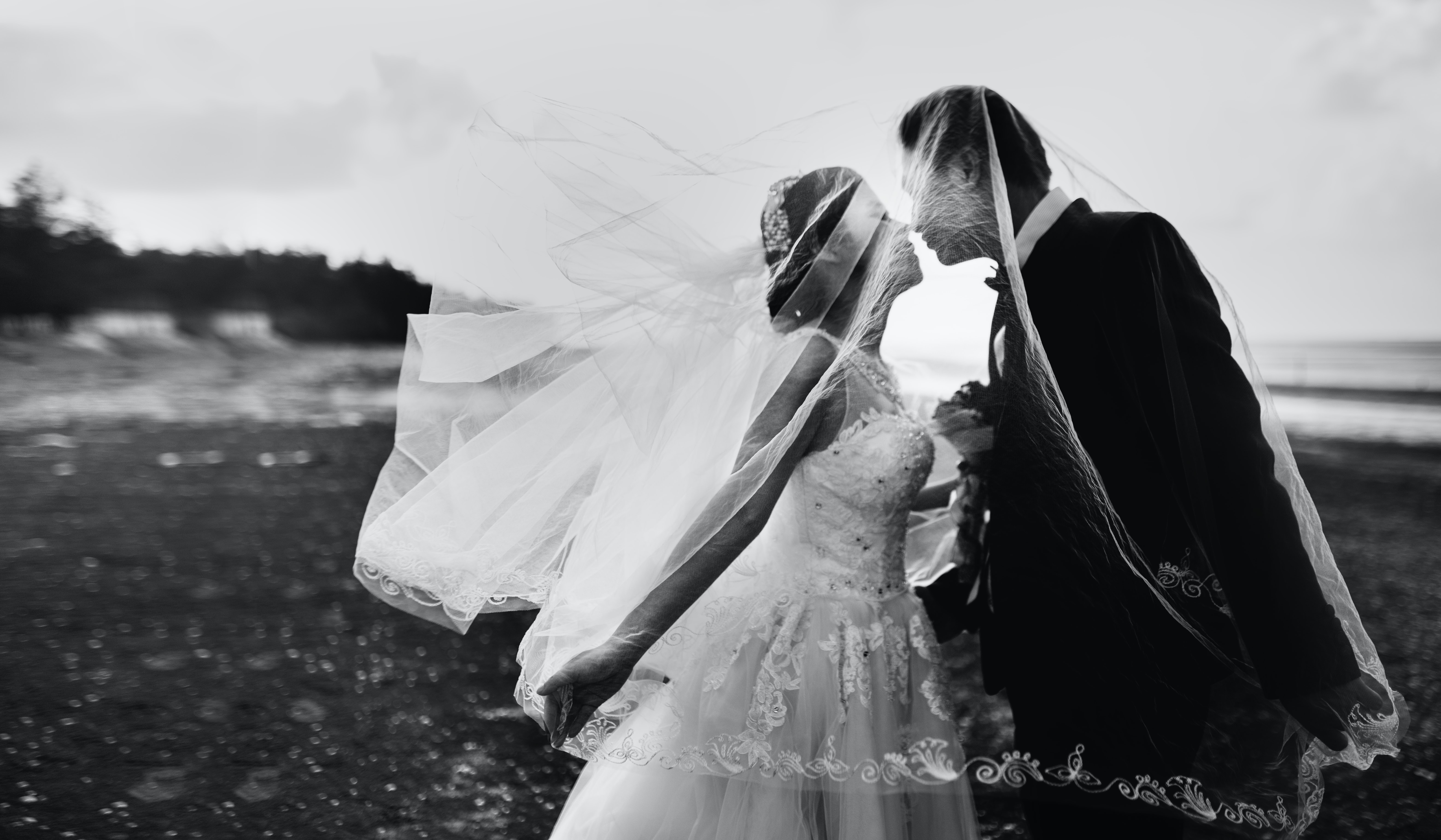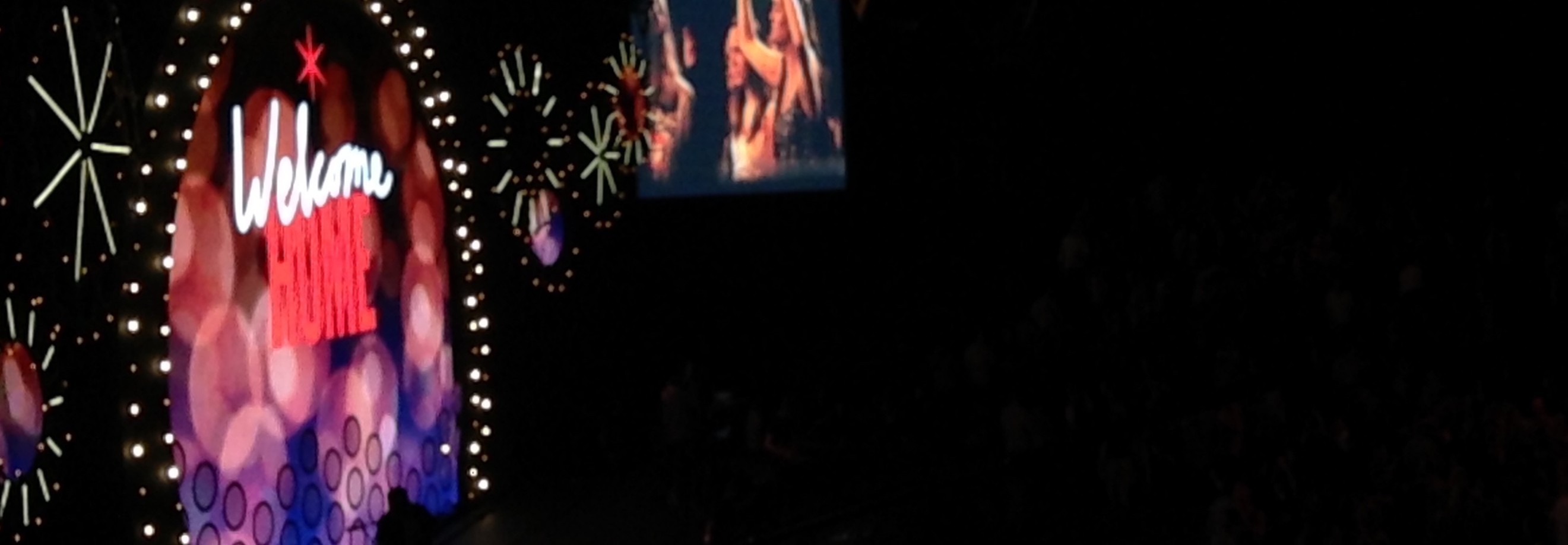Another election to remind me how disappointed and frustrated I am with the state of Australian politics. There is a huge lack of true vision for the future of the country, our national identity and our place in the world, the kind of society we want to be. It’s all about short-term (and often populist) policies which don’t contribute to any real big picture.
It also got me thinking again about the centuries-old question of religion and politics, and the accepted secular view of how they do – but shouldn’t – mix. Last week I read two interesting takes on this issue: one by acclaimed political commentator and columnist Annabel Crabb, another by pastor and social justice activist Jarrod McKenna.
Crabb observes:
But if this election campaign has shown us anything, it’s that when politics and religion find themselves at odds in the breast of a politician, politics wins.
Whilst I agree broadly with the secular notion of separating Church and State, I question how fair or possible it is for someone of faith to keep their faith out of their politics. Your faith isn’t just a fashion, or a lifestyle choice, something you have or do in private and can take off like a coat. It’s more even than just a morality or ethic which informs your political views. For me it’s a fundamental part of who I am – the truth is, it’s not even just a “part” of me, it defines me.
In my case, it would be a false dichotomy to even talk about putting anything ahead of faith, because it is a holistic faith that the Bible teaches – not just a Sunday ritual, not just a moral code.
McKenna’s article covers a lot of complex ideas about following Jesus and what implications this should have in our engagement with politics. But one thought in particular stood out for me:
1. Don’t vote for yourself
Use your vote for the poor, the vulnerable, the marginalised and the common good.
I never really thought about my vote that way – and I bet most people haven’t either. We talk about voting as being our democratic right: it belongs to me as a citizen of this country, to voice my views on what our society should be governed. But if neither my life nor my money nor my time nor my gifts are mine anymore, but rather Christ’s, and for the service of His Kingdom, I’m pretty sure my vote is also no longer mine.



